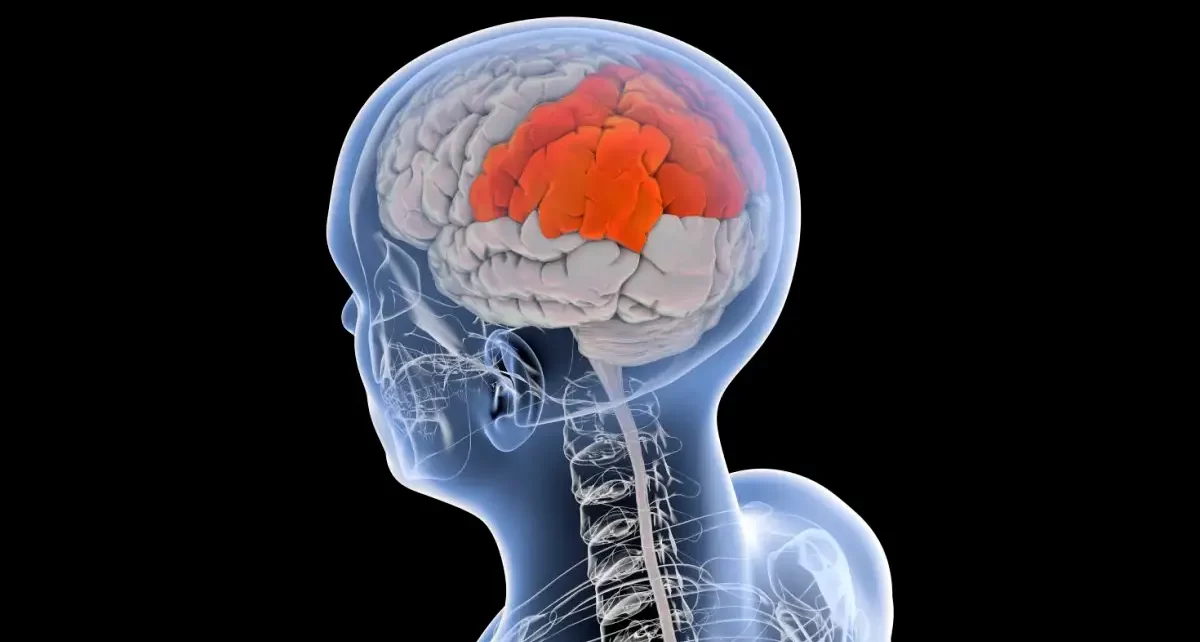Today we’re embarking on a journey through the intricate labyrinth of the mind, exploring the fascinating connections between mental health and neurology. We’ll find ourselves navigating through the story of a stroke New York patient – an experience that singularly illuminates the profound influence our neurological health has on our mental wellbeing. So buckle up and brace yourself as we delve deep into the compelling complexities of the human brain.
The Human Brain: A Complex Maze
The human brain is like a labyrinth, full of intricate pathways and hidden corridors. It’s not just a physical organ – it’s also the home of our mind, our thoughts, our emotions. But what happens when the brain is injured, like in the case of our ‘stroke New York’ patient?
Stroke: A Brain Attack
A stroke happens when blood flow to a part of the brain is cut off. Without oxygen-rich blood, brain cells start to die within minutes. It’s an attack on the brain – sudden, swift, and often devastating. But it’s not just the physical effects, such as weakness or numbness, that stroke victims have to deal with. There’s a mental battle raging on as well.
The Silent Battle: Mental Health Post-Stroke
Imagine feeling like yourself one moment, and then – bam – you’re not. You can’t move half of your body. Or maybe you can’t speak or understand words. It’s terrifying. Now add the mental stress that comes with it. The fear. The frustration. The uncertainty. It’s a silent battle, one that’s often overlooked in the aftermath of a stroke.
Mental Health and Neurology: Two Sides of the Same Coin
The story of our ‘stroke New York’ patient is not unique. Many stroke survivors struggle with their mental health. Depression, anxiety, post-traumatic stress disorder – these are common among stroke survivors. It paints a clear picture: mental health and neurology are two sides of the same coin. You can’t separate the brain from the mind, the physical from the emotional. They’re intricately linked.
The Takeaway
From the story of the ‘stroke New York’ patient, it’s clear that the relationship between mental health and neurology is complex and profound. It’s a relationship that needs more attention, more research, and more understanding. Because at the end of the day, it’s not just about healing the brain. It’s about healing the mind as well.





